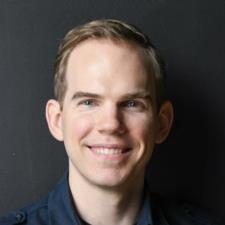
Mohamed R. answered • 02/20/21
Bachelor degree in English with experience in philosophy tutoring.
The problem of "consciousness" has always existed among scientists and philosophers. Existentialists and phenomenologists like Husserl and Sartre view "consciousness" as a subjective first-person experience. Scientists mostly follow the Newtonian model that explains life processes in terms of matter and motion, causes and effects. They, therefore, view brain as part of these life processes.
John Searle brings the two views together, claiming that "consciousness" is a subjective experience and it is caused by the natural processes of the brain. This view also impacts his denial of the existence of free-will as he responds to those philosophers claiming that the existence of free-will cannot be denied because refuting free-will implies denying the individual moral responsibility.
Searle view of consciousness also impacts the way he conceives language and artificial intelligence. Although he does not deny the limitless advancement machines can attain, he claims that machines do not possess consciousness that humans have.




